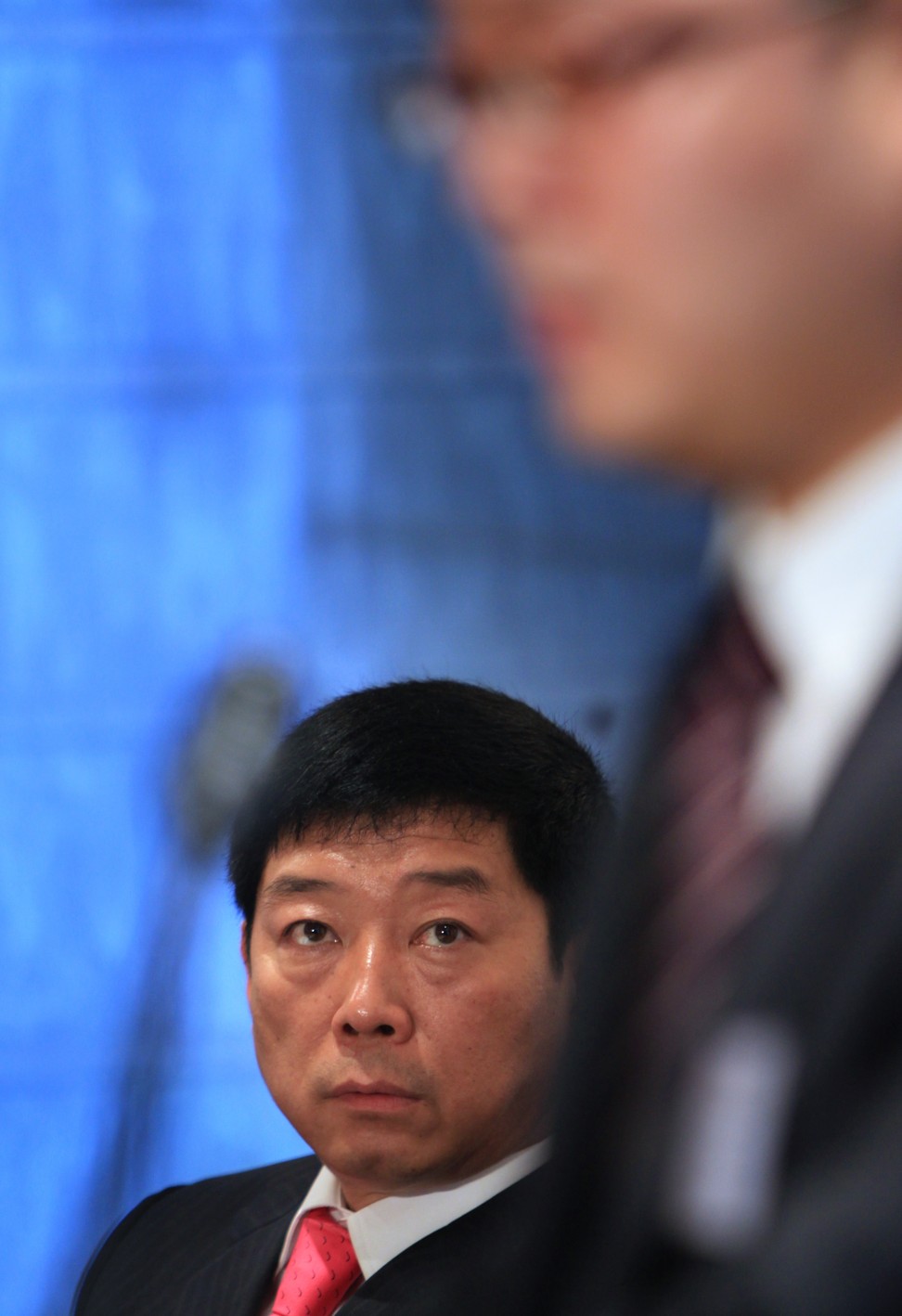
Chinese SUV maker Great Wall hopes to drive into US market in 2021
Expansion into world’s second-largest market part of company’s globalisation strategy
Great Wall Motors Company, China’s largest producer of SUVs, aims to enter the United States market in 2021, according to company chairman Wei Jianjun. But the company has no plans to build a plant there amid uncertainty over whether the Trump Administration will raise its currently low import tariff on Chinese cars.
Entering the world’s second-largest car market is part of the company’s globalisation strategy, which also includes sales in some of the more than 60 countries covered by Beijing’s Belt and Road Initiative, through which China is seeking greater trade and investment cooperation.
“We have started market research and product development work in the US, and our plan is to enter the US market in 2021,” Wei said on Monday. “Since the current US import tariff of 2.5 per cent is not high, we may not need to build a plant there to kick off sales.”
Despite his belief that Chinese cars are “not that dissimilar” to those made by US rivals in terms of technology, costs and safety, he said a US entry involved “very high risks”. These included potential legal liabilities, as US consumers have won major compensation from manufacturers found to have sold faulty cars.
Great Wall reported a fall of 52.3 per cent in its net profit – to 5.03 billion yuan (US$801.23 million) – for last year on Friday, 2.9 per cent less than the average estimate of 35 analysts polled by Bloomberg. Its shares closed 3.7 per cent lower at HK$8.17 (US$1.04) in Hong Kong on Monday, but edged up 1.7 per cent to 11.48 yuan in Shanghai.
The company’s revenue grew by 2.6 per cent to 101.2 billion yuan as higher product prices offset a 0.79 per cent fall in its sales volume. But its gross profit margin slid to 18.9 per cent last year from 24.6 per cent in 2016, as competition from new models by rivals led to heavy discounts.

“While a disappointing 2017 is already behind us, any earnings recovery over this year and next year is likely to resemble a normalisation rather than a sustainable path to new highs,” Nomura analysts Benjamin Lo and Joseph Wong wrote in a note. “What concerns us is that the core Haval SUV models continue to lose market share – sales volume declining by 19 per cent year on year in the year’s first two months – underperforming the overall SUV market growth of 12 per cent.”
The analysts said new cars to be launched this year appeared to lack differentiation and were priced in narrow pricing ranges, which could lead to the cannibalisation of each other’s sales and further discounting pressures.
While a disappointing 2017 is already behind us, any earnings recovery over this year and next year is likely to resemble a normalisation rather than a sustainable path to new highs
Wei, however, said the company’s cars had “clear differentiation”, adding that it was normal that products one class higher are only priced about 10,000 yuan more within its range of cars, which costs between 100,000 and 150,000 yuan each.
Great Wall has set a target of selling 1.16 million cars this year, 9.4 per cent higher than last year, with 250,000 cars coming from the WEY brand.
The analysts polled forecast Great Wall’s net profit to rebound to 7.8 billion yuan this year and 9 billion yuan next year.
Wei would not be drawn on how much he expected overseas sales to contribute to total sales in 2020, only saying that these would rise gradually from 2.5 per cent last year and 1.1 per cent in 2016.
Great Wall is constructing a plant in Russia, where high tariffs make exports unfeasible. This plant will have the capacity to produce 80,000 units a year, when it comes on stream in about 12 months, Wei said.
The plant will share resources – key components and assembling facilities – with other Chinese vehicle makers to enhance competitiveness, he added.
“Globally, carmakers are increasingly sharing resources and facilities to reduce cost, while at the same time competing against each other,” he said.
The company plans to launch a WEY brand hybrid car and a pure electric car under the Great Wall brand this year, after introducing two pure electric vehicles and one hybrid car last year.

